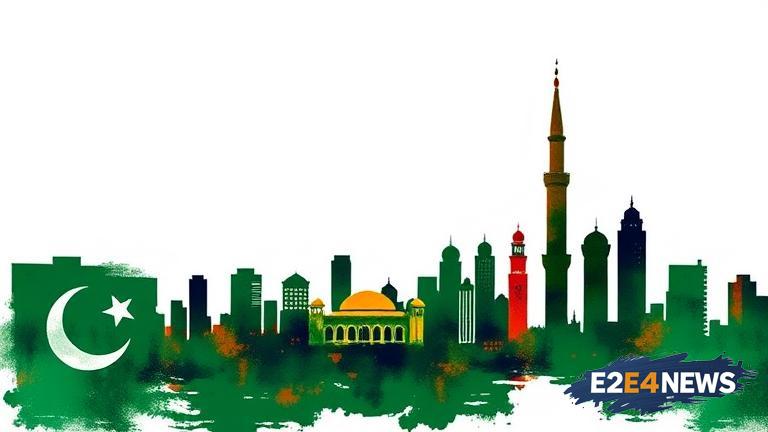Pakistan’s economy has been facing significant challenges in recent years, including a large trade deficit and declining foreign exchange reserves. The country’s trade deficit has been increasing due to a rise in imports and a decline in exports, putting pressure on the rupee and depleting foreign exchange reserves. The State Bank of Pakistan has taken measures to curb imports and boost exports, but more needs to be done to address the underlying issues. The government has also announced plans to increase taxes and reduce subsidies to reduce the fiscal deficit. However, these measures may have a negative impact on economic growth and poverty reduction. Despite the challenges, Pakistan’s economy has significant potential for growth and investment, particularly in the areas of infrastructure development, agriculture, and manufacturing. The China-Pakistan Economic Corridor (CPEC) has the potential to transform Pakistan’s economy by increasing investment, creating jobs, and improving infrastructure. The government has also announced plans to develop special economic zones (SEZs) to attract foreign investment and promote exports. Additionally, Pakistan has significant potential for growth in the areas of information technology and tourism. The country has a large and growing middle class, which is driving demand for consumer goods and services. However, the economy is also facing significant risks, including a decline in foreign investment, a rise in inflation, and a decline in the value of the rupee. The government needs to take urgent measures to address these challenges and promote economic growth and stability. This includes increasing investment in human capital, improving the business environment, and promoting trade and investment. The private sector also needs to play a key role in promoting economic growth and development. The government and private sector need to work together to address the challenges facing the economy and promote growth and investment. Furthermore, the government needs to take measures to reduce poverty and inequality, which are significant challenges facing the country. The government has announced plans to increase spending on social welfare programs, but more needs to be done to address the root causes of poverty and inequality. The economy is also facing significant environmental challenges, including climate change, water scarcity, and air pollution. The government needs to take measures to address these challenges and promote sustainable development. In conclusion, Pakistan’s economy faces significant challenges, but opportunities for growth and investment remain. The government and private sector need to work together to address the challenges facing the economy and promote growth and development. With the right policies and investments, Pakistan has the potential to become a major economic power in the region.





